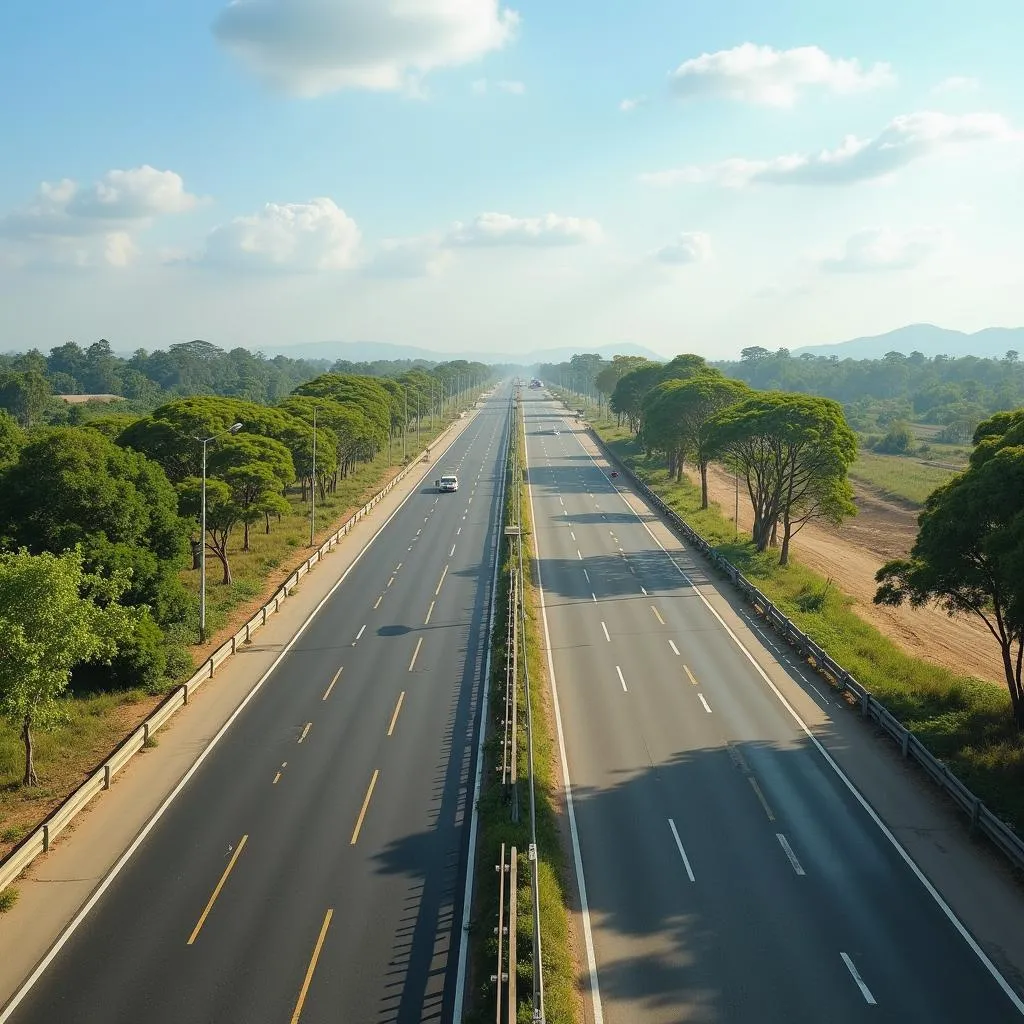African Guns for Sale: A Complex Landscape
The topic of “African Guns For Sale” is complex and often shrouded in misinformation. Understanding this issue requires delving into the historical, political, and socio-economic factors that contribute to the circulation of firearms across the continent. This article aims to provide a nuanced perspective on this sensitive subject.
The History of Firearms in Africa
The arrival of firearms in Africa can be traced back to the 15th century with the arrival of European traders. Initially, guns were exchanged for goods like ivory and gold, gradually becoming integrated into local conflicts and power dynamics. The transatlantic slave trade further fueled the demand for firearms, tragically intertwining the trade in humans with the trade in weapons. This historical context is crucial for understanding the proliferation of guns in certain regions today.
The colonial era cemented the role of firearms in Africa. Colonial powers armed local militias and security forces, contributing to the long-term militarization of societies. Post-independence conflicts, often rooted in unresolved colonial boundaries and ethnic tensions, further exacerbated the problem. These conflicts created a demand for weapons, leading to the establishment of illicit arms trafficking networks.
The Current State of African Guns for Sale
The phrase “African guns for sale” often evokes images of bustling black markets, but the reality is far more nuanced. While illicit arms trafficking certainly exists, it’s essential to recognize the various sources of firearms in Africa. These include poorly regulated legal markets, leakages from government stockpiles, and cross-border smuggling from conflict zones. Understanding these diverse sources is vital for addressing the issue effectively.
Many African nations have enacted legislation to control the sale and possession of firearms, but enforcement often proves challenging. Porous borders, limited resources, and corruption contribute to the continued flow of weapons. Furthermore, the demand for firearms for self-defense in areas with limited state presence adds another layer of complexity to the issue.
Addressing the Challenges of Firearms Proliferation
The issue of “African guns for sale” is not simply a security concern; it has far-reaching social and economic consequences. The easy availability of firearms fuels violence, undermines development efforts, and perpetuates cycles of instability. Addressing this complex challenge requires a multifaceted approach.
Strengthening regional cooperation is crucial for combating cross-border arms trafficking. Sharing intelligence, coordinating border patrols, and harmonizing gun control legislation are essential steps. Furthermore, supporting community-based disarmament programs can be effective in reducing the number of firearms in circulation.
Dr. Abimbola Adebayo, a leading expert on African security studies at the University of Lagos, emphasizes the importance of addressing the root causes of gun violence. “Simply seizing weapons is not enough,” he argues. “We must tackle the underlying issues of poverty, inequality, and marginalization that drive people to acquire and use firearms.”
Conclusion
The issue of “African guns for sale” demands a comprehensive and nuanced understanding. While the availability of firearms poses significant challenges, addressing the underlying social, economic, and political factors is crucial for achieving lasting peace and stability. By working collaboratively across borders and engaging with communities, we can strive towards a safer and more secure future for Africa.
FAQ
- What are the main sources of illegal firearms in Africa?
- How do porous borders contribute to arms trafficking?
- What role can international organizations play in addressing the issue?
- Are there successful examples of disarmament programs in Africa?
- How does the illicit arms trade impact development in Africa?
- What are the legal frameworks governing firearm ownership in different African countries?
- How can communities contribute to reducing gun violence?
Scenarios and Related Questions:
Scenario 1: A farmer in a remote area feels the need to purchase a gun for self-defense due to increasing banditry. What are the legal options available to him, and what are the potential risks of acquiring a firearm illegally?
Scenario 2: A government official is concerned about the leakage of weapons from state-owned armories. What measures can be implemented to improve security and prevent the diversion of firearms into the illicit market?
Further Reading and Related Topics
- The Impact of Armed Conflict on Development in Africa
- Gun Control Legislation in African Countries: A Comparative Analysis
- Community-Based Policing and Crime Prevention in Rural Africa
If you need support, please contact us: Phone: +255768904061, Email: [email protected], or visit our office at Mbarali DC Mawindi, Kangaga, Tanzania. Our customer service team is available 24/7.


